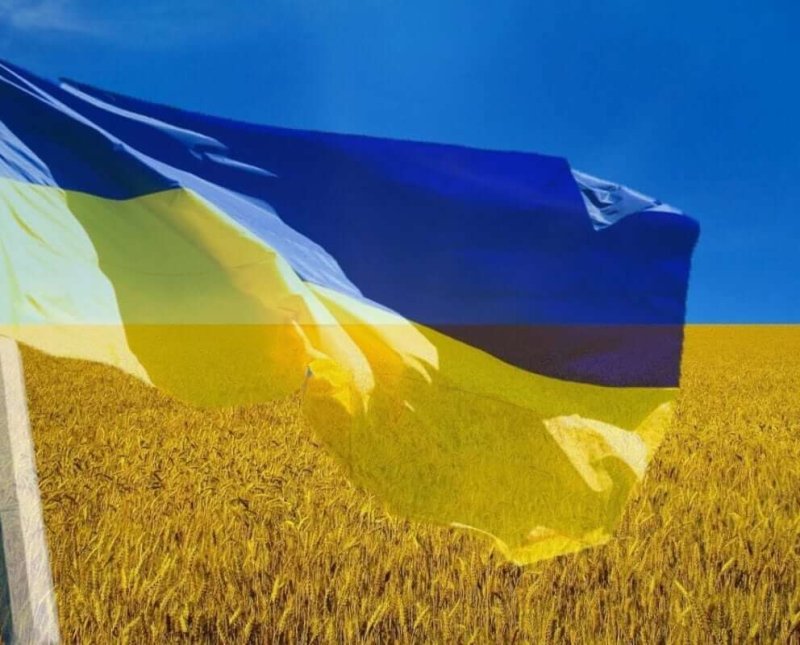According to the “Green Deal”,with which the European Union wants to become climate-neutral by 2050, only half as many pesticides and 20 percent less synthetic fertilizers are to be used by 2030.
And so, in view of the Russian attack on Ukraine, voices are being raised in Germany that question the sustainability goals of EU agricultural policy. Agricultural production in the EU must be “expanded significantly in the short term,” according to the co-governing FDP parliamentary group. Parts of the opposition CDU and the German Farmers’ Association are also calling for various ecological measures to be suspended in order to increase production in the face of the Ukraine war.
According to the largest German agricultural trader Baywa, the wheat exports from Ukraine and Russia via the Black Sea, which are important for world nutrition, have largely come to a standstill. Both countries are among the major exporters of staple foods such as corn, wheat and vegetable oils.
…
Should the EU forego more sustainability in agriculture in the future in order to relieve the strained food market – or even export more itself?
“If we produce less here in Europe, more will be produced elsewhere, and that could possibly lead to even higher environmental costs than here,” points out [economics professor Stephan] von Cramon-Taubadel.
[Editor’s note: This article was originally published in German and has been translated and edited for clarity.]































